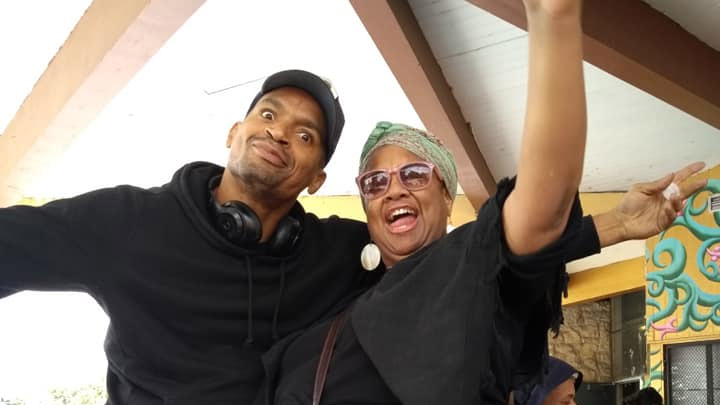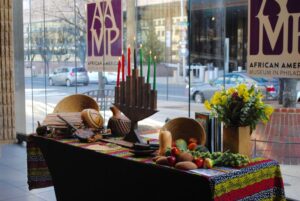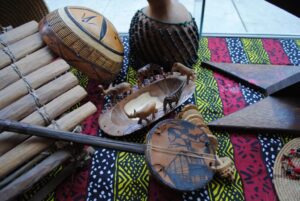The article below tells the story of how one neighbor generated unity, learning and joy within her neighborhood by bringing fellow community members together around the African-American holiday of Kwanzaa.
Kwanzaa in Philly: How neighborhoods celebrate the African-American holiday
by Michaela Winberg
Judith Robinson has been organizing an annual holiday celebration in her Strawberry Mansion neighborhood for four years now. She hosts it always on the second night of Kwanzaa, dedicated to the principle of Kujichagulia, or self-determination.
The seven-day Kwanzaa holiday was founded to bring African-American people together by highlighting a different theme each night, such as unity, purpose and faith.

Why does Robinson align her gathering with the self-determination theme? To her, it feels most relevant to the modern struggle of Philadelphia’s black community — which she believes includes learning how to deal with the encroaching gentrification that’s rapidly changing many historically black neighborhoods.
“It’s no secret that we’re transitioning in North Philadelphia,” Robinson said. “In the spirit of self-determination, we’ll talk about having strong home ownership. Nobody can move you if you own your home.”
On Dec. 27, Robinson will invite the community to join together at Fairmount Park’s historic Hatfield House to celebrate the African-American cultural holiday. There will be gifts and plenty of great food, thanks to the caterer Brotherly Grub.

An opportunity to tell Philly’s black history
Philadelphia is one of three cities that hosts the creator of Kwanzaa for celebrations each winter.
Now in its 52nd season, the holiday was founded by California State University professor and Black Studies chair Dr. Maulana Karenga. Back in 1966, protestors had been rioting for six days in Los Angeles in response to police brutality against black people, and Karenga wanted to find a way to bring them back together.
In that spirit, Robinson, a Hidden City tour guide, will use her Kwanzaa gathering to present a wealth of historic info about African-American culture in North Philly.
She’ll tell stories about people who once worked on plantations in Fairmount Park. She’ll show Native American maps of the area, to honor the people who first settled here. She’ll discuss an important, historic piece of legislation that came out of Philly — the Act for the Gradual Abolition of Slavery in 1780.
“Gradually, just like it says, it reduced the amount of folks who would be considered enslaved,” Robinson said. “At the time, in 1780, it was about the best in the nation. In that regard, folks looked at it as radical.”
Per Robinson, those historic moments of triumph for African-American people in the region will, ideally, inspire attendees to work toward the same goals today.
“We try to practice 365 days a year,” Robinson said. “That’s the real point of this: to try to encourage people to practice the traditions of Kwanzaa all year-round.”

Originally published on https://billypenn.com.
Going Further:
- How I Changed My Holiday Traditions to Match My Values (Jeffries Warfield)
- How to Start a Neighborhood Holiday Tradition (Coleman)
- A Children’s Guide to Dismantling Our Economy (McKnight)
- Celebrate Kuumba: Creativity with Kheprw! (Kheprw Institute)


